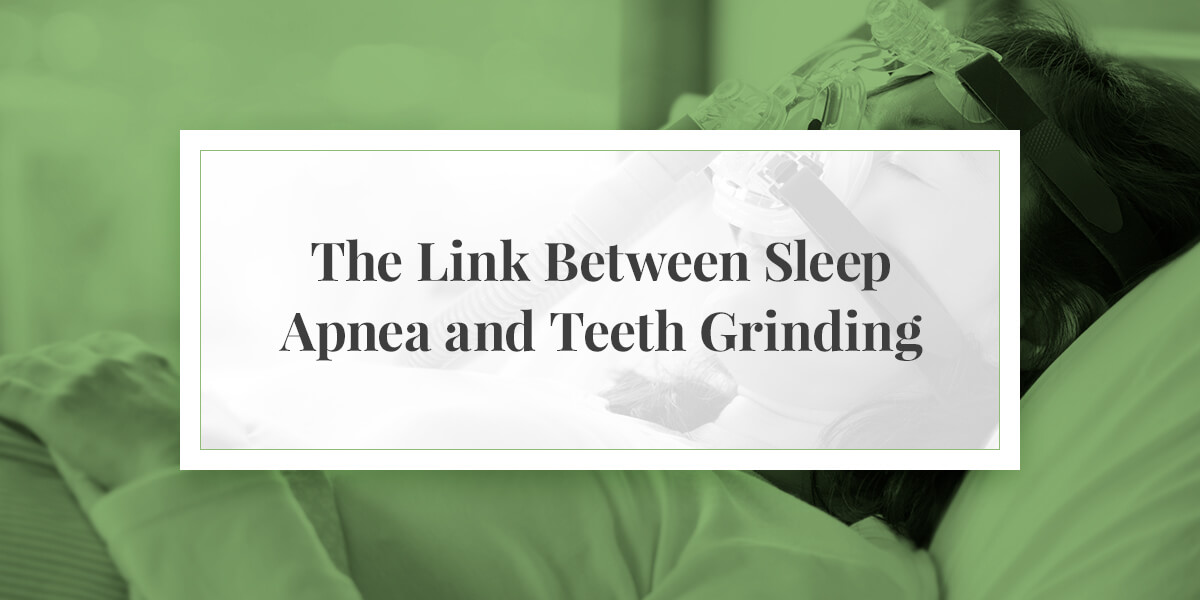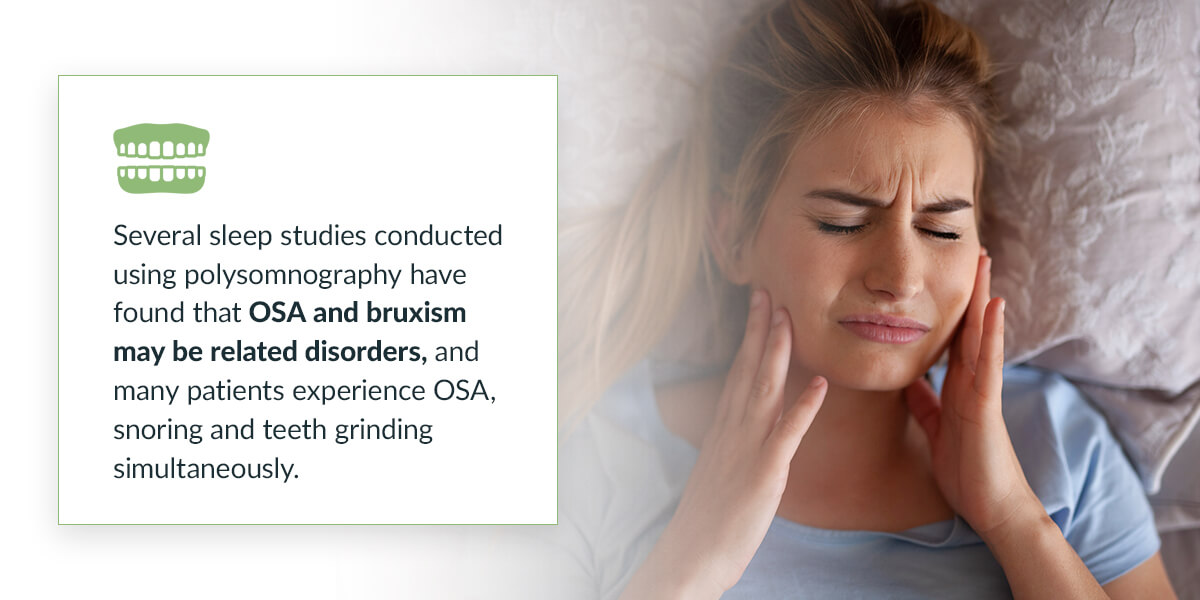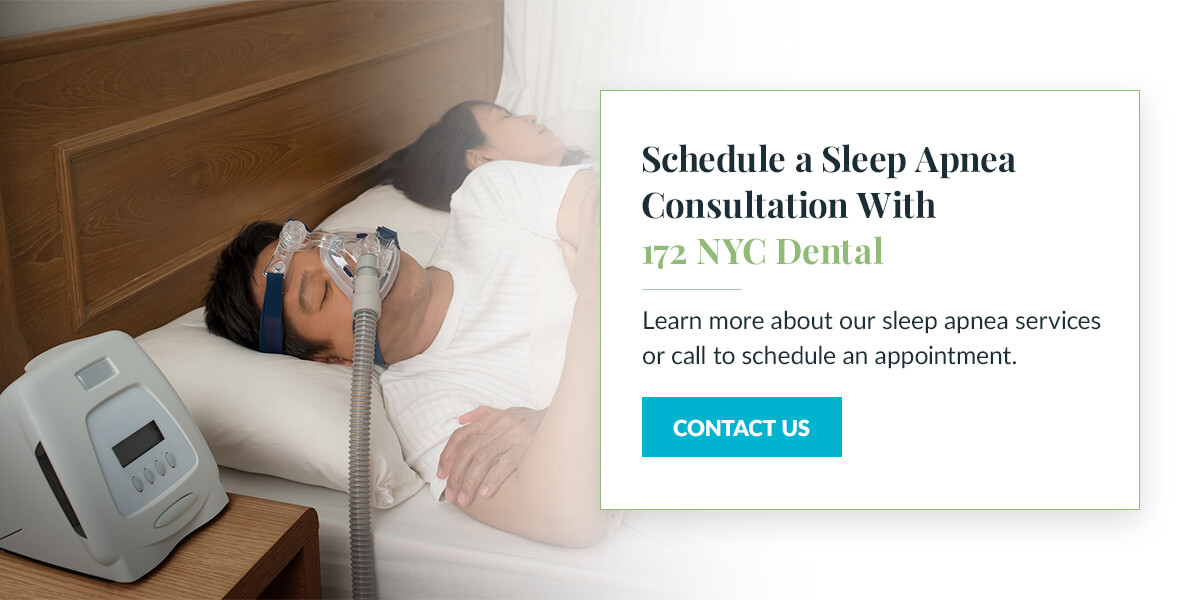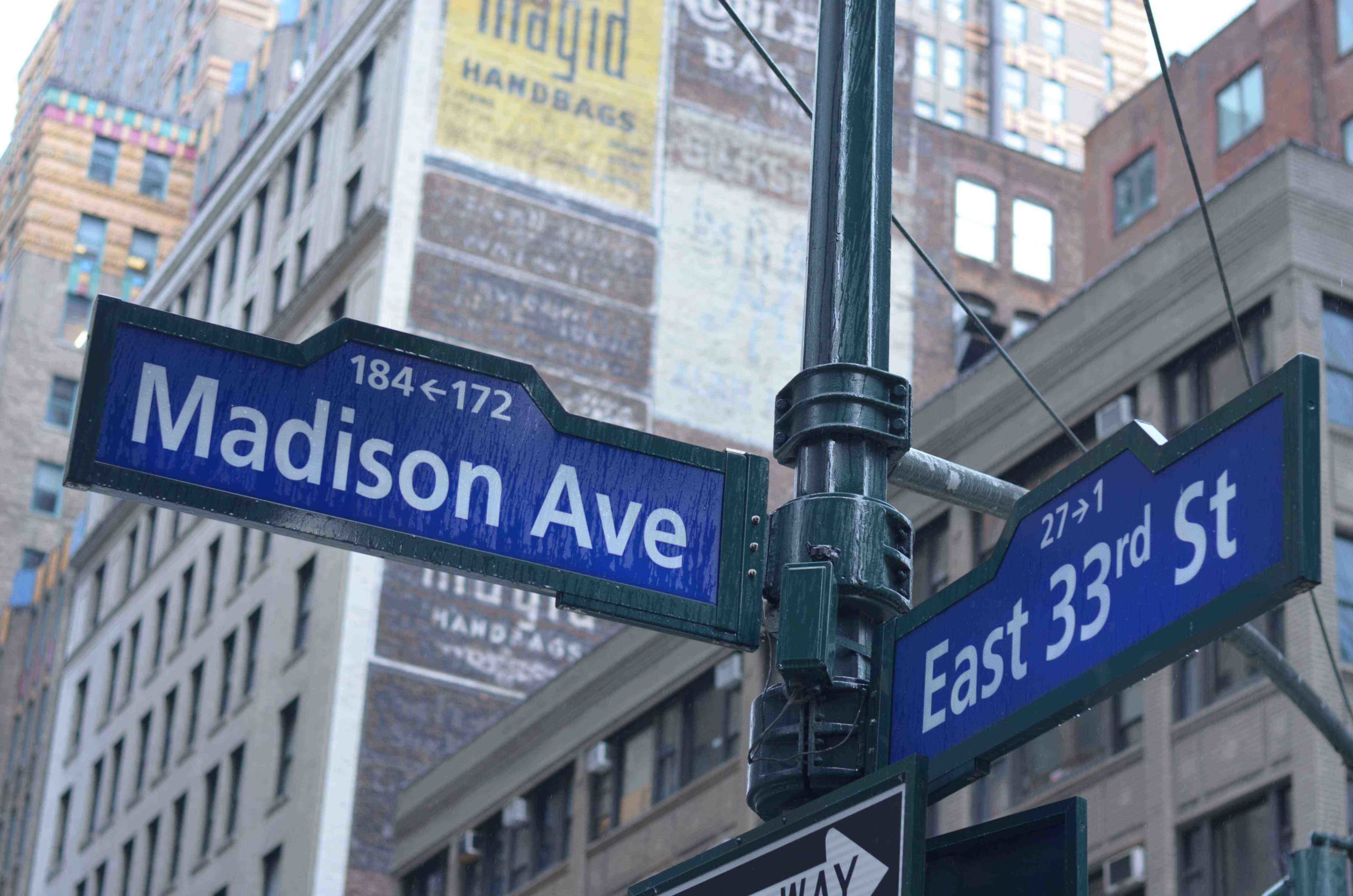
- What Is Sleep-Related Bruxism?
- Explanations For Sleep-Related Bruxism And Sleep Apnea
- Do You Need Treatment for Sleep Bruxism Or Sleep Apnea?
- 172 NYC Dental
Many patients have sleep apnea and teeth grinding, but what is the connection between these conditions? How can you receive a correct diagnosis if you struggle with either of these disorders?
What Is Obstructive Sleep Apnea?
OSA is a common form of sleep apnea, which is a disorder that causes you to frequently stop and start breathing during sleep. OSA occurs when the muscles in your throat relax during sleep and block your airway, making it harder for you to take comfortable breaths.
Symptoms of OSA include:
- Heavy snoring
- Sudden waking
- Poor sleep quality
What Is Sleep-Related Bruxism?
Bruxism is a movement disorder that causes you to grind your teeth and clench your jaw. If the bruxism is sleep-related, you unconsciously grind your teeth in your sleep.
Symptoms of sleep-related bruxism include:
- Headaches
- Jaw pain
- Chipped or damaged teeth
Are Teeth Grinding and Sleep Apnea Related?
If you believe you are experiencing both issues, you are like many patients who struggle with sleep apnea and have sleep-related bruxism. The two conditions can — and frequently do — co-occur. The correlation between bruxism and OSA has attracted the attention of many researchers who examined a possible link in clinical investigations.

According to epidemiological studies conducted using patient data, many people who have OSA also grind their teeth in their sleep. Several sleep studies conducted using polysomnography have found that OSA and bruxism may be related disorders, and many patients experience OSA, snoring and teeth grinding simultaneously. Studies have reached different conclusions about the co-occurrence rate between these conditions, but the correlation between them is a widely recognized pattern.
Explanations for Sleep-Related Bruxism and Sleep Apnea
Though many studies show a link between the two conditions, the underlying association is unclear. Recent science has been unsuccessful at identifying a definitive conclusion from existing studies. Sleep specialists have drawn different hypotheses:
- OSA can trigger sleep-related bruxism or make existing bruxism more severe because of your body’s response to pauses in your breathing.
- Sleep-related bruxism may coincide with OSA or make OSA more severe.
- OSA and sleep-related bruxism might be independent, unrelated conditions, but produce more troubling symptoms for patients when they co-occur.
- They could have a multidimensional relationship and influence one another without causation.
Sleep Bruxism as a Response to Obstructive Sleep Apnea
According to some researchers, like those in the study cited above, having sleep apnea may cause you to unknowingly grind your teeth in response to pauses in your breathing. OSA constricts your airway, so your body might respond by moving the muscles in your mouth and jaw that you usually use for chewing.
The grinding motion may also help lubricate your mouth and throat, which can dry out from labored breathing. This hypothesis suggests bruxism might be part of a defensive response so your body can protect you from OSA. It has been consistent with some cases.
Sleep Bruxism as a Contributing Factor
Other researchers posit that sleep bruxism occurs as a contributing factor to sleep apnea. This issue can happen when your nervous system releases signals that affect your muscle tissues, including your jaw muscles and nasal passages. These signals may also increase the restriction on your airway that OSA causes, triggering poor breathing control.
Sleep studies involving patients who have OSA and sleep-related bruxism have found that the bruxism rarely starts before the episodes of nighttime breathing issues, making this hypothesis inconsistent with the findings.
Independent Obstructive Sleep Apnea or Sleep Bruxism
Another possibility is that OSA and sleep-related bruxism occur separately. There could still be a correlation between the two conditions, but they arise independently.
OSA and teeth grinding are often inconsistent in how they occur, the duration and when symptoms first begin relative to one another. If they shared a causal relationship, most findings should indicate that one type occurs before the other. Instead, patients’ symptoms manifest at different times. Many people live with one condition without ever developing the other.
Since researchers have yet to identify an obvious pattern, it makes sense that these conditions occur separately with overlap. Usually, patients start grinding their teeth after they develop OSA rather than the other way around, but many people experience the opposite. You can grind your teeth whenever you’re sleeping, and even patients who have both conditions may experience them one at a time rather than simultaneously.
Because of these inconsistencies, the separate mechanism hypothesis makes sense, but it’s still critical to consider how these conditions are likely to co-occur.
Comorbid Obstructive Sleep Apnea and Sleep-Related Bruxism
One possibility is that an abnormality in your neurotransmitter pathways could cause both bruxism and sleep apnea. The neurotransmitters primarily under investigation are serotonin and dopamine. Some experts believe the relationship between sleep apnea and teeth grinding is multifaceted, which is why it can occur differently for various patients.
If you struggle with OSA, you know how random the episodes can be. It is a complex disorder that seems to involve the dysfunction of multiple systems, including your cardiovascular, respiratory and nervous systems. Below are possible risk factors for OSA:
- Genetics
- Weight, especially in the regions of the head and neck
- Your sleeping position
With bruxism, contributing factors may involve:
- Genetics
- Your stress level
- Other movement disorders
Because both these conditions are complex, a direct causal relationship may be unfounded. However, subsets of patients with similar symptoms and presentations show that any of the above possibilities could be accurate. Talk to your doctor about your case and the specific symptoms you have been experiencing.
Do You Need Treatment for Sleep Apnea and Sleep Bruxism?
If you have OSA and sleep-related bruxism, you know how uncomfortable these conditions are, especially when they co-occur. If you avoid seeking treatment, either condition could worsen, and your symptoms will continue to disturb your sleep, leading to problems in your daily life.
The research findings describing how the two conditions connect are inconsistent, and doctors are still uncertain about the exact causes of sleep apnea that occurs at the same time as sleep bruxism. Until further research pinpoints the connection, you should focus on treating your symptoms and getting better.
If you are currently only experiencing one condition, stay aware of your symptoms. You might have both without realizing it. If you notice any other possible symptoms, talk to your doctor.
Schedule a Sleep Apnea Consultation With 172 NYC Dental
Do you suspect you might have sleep apnea and bruxism or are you experiencing another dental emergency? We have the diagnostic equipment and experience to identify your sleep apnea and guide you to a treatment plan that can help you find relief. Learn more about our sleep apnea services or call to schedule an appointment.









